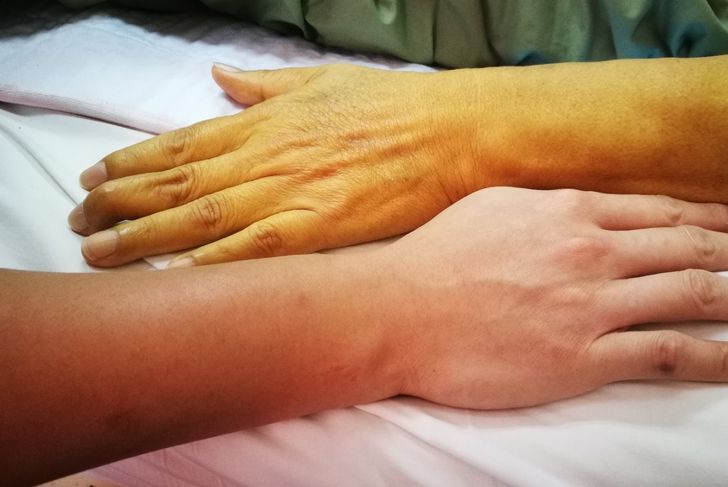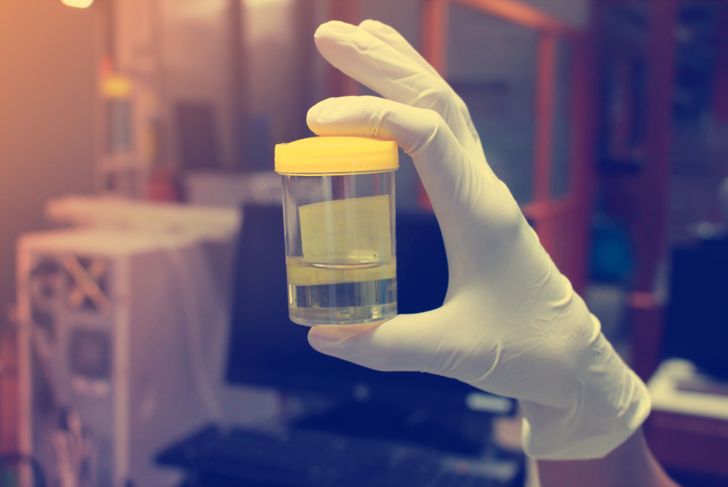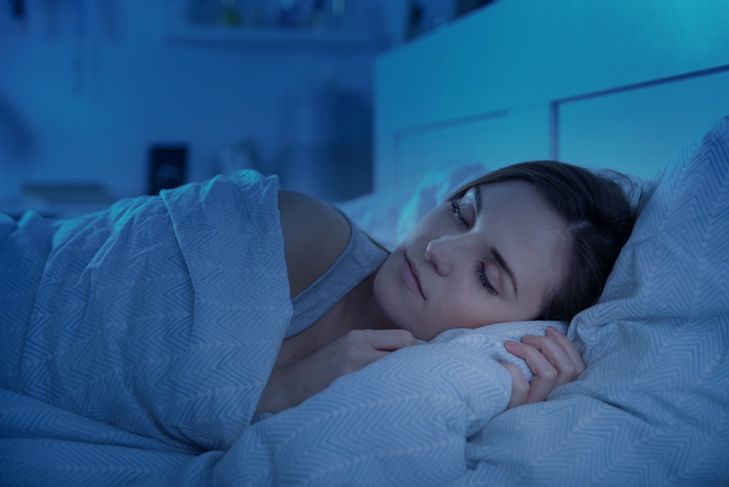Jaundice, or icterus, is a term used to describe unusually high levels of bilirubin in the body, which can cause the skin, eyes and the mouth to turn yellowish. When bilirubin isn’t expelled from the body through normal means – urine and defecation, basically – it can accumulate in nearby tissue, causing the characteristic yellow appearance often associated with jaundice. However, there are other not-so-obvious indications of jaundice, which are equally important.
Yellow Pigmentation
The characteristic symptom most associated with jaundice is a yellow pigmentation of the skin. This process can cause the skin to appear light yellow. Besides the skin, the eyes and the lining of the mouth also change color, even though the eyes are often the first indication that something is wrong with the liver. In any case, the degree of pigmentation depends on the severity of the condition, and there are many possible reasons as to why the liver isn’t working as intended. Should you notice your eyes appear slightly yellow, contact your doctor right away to determine the cause.
Dark Urine
Have you noticed your urine becoming darker, despite drinking normal amounts of water and maintaining an otherwise healthy diet? If so, you may have jaundice. Under normal circumstances, the liver and pancreas create bile that is excreted from the body when we urinate. However, if the levels of bilirubin increase, the amount of bile excreted increases, and therefore our urine appears much darker in color. If you notice dark urine for more than a day, contact your doctor right away, as this is often a serious indication that something isn’t working as it should.
Pale Stool
The color of your stool may be a useful gauge of your liver health. If you notice a light yellow colored stool or a yellowish-green stool, you may have jaundice. When stool appears pale in color, this often indicates that there is an obstruction in the bile duct, disrupting the bile drainage. The result is a stool that doesn’t contain the normal, healthy components it should, making it look unhealthy in color. Some conditions which may cause the bile duct to become obstructed are, for example, pancreatic cancer. Examine your stool to make sure it appears healthy.
Abdominal Pain
There are many reasons as to why a person experiences jaundice. One of the possible explanations is related to the obstruction of the bile duct. The bile duct may become obstructed due to gallstones or other mineral formations in that area, and some infections may also cause it to become obstructed. Once this occurs, the patient tends to experience a sharp pain in the area around the abdomen, but it can also be described as a dull and aching pain, depending on each person. Most often, the pain is felt on the right side of the stomach.
Itching
This symptom can cause you to feel frustrated and irritated. Itching: it happens to be one of the main symptoms of jaundice. Itching is a sign that something is wrong with the liver, especially when there is an excessive amount of bile salts present in the body. This causes an increase in skin sensitivity and itchy sensations to appear. The itching can appear in different parts of the body, and it can range from mild to severely irritating. Talk to your doctor about possible treatments. Once liver function becomes optimal, itching gradually dissipates.
Fatigue
As is the case for the vast majority of illnesses and diseases that affect our body, fatigue is one of the main symptoms of jaundice. A state of fatigue means being constantly tired, and often unable to carry out physical activities because of the excessive mental and physical strain. People with jaundice can experience fatigue due to the dysfunction of the bile duct, and the consequent effects that this has on the body. To recover some energy, talk to your doctor about different treatment options. It is important also to understand that the body needs lots of energy to function correctly.
Confusion
Regarding psychological symptoms often experienced by jaundice patients, confusion is one of the most reported symptoms. Jaundice and liver function as a whole plays an important role in our mental health. That’s why you can experience mental imbalances when your liver function becomes compromised. Some of the main mental symptoms of jaundice include agitation, fatigue, and especially confusion. Even though many conditions may cause a patient to feel confused, it’s never a bad idea to schedule an appointment with your doctor for further tests. It’s also important to be vigilant of other symptoms, regardless of whether they’re psychological or physical.
Vomiting
One of the most frequently observed symptoms of jaundice is vomiting. Not everyone who experiences jaundice will develop vomiting, but those who do, often have an obstruction in their bile duct. Besides vomiting, jaundice may also cause nausea, which is closely related to vomiting. If you feel nauseous, it means you feel the need to vomit. Vomiting occurs because there is too much bilirubin in the blood. Luckily, there are some things you can do to help reduce nausea; for example, try sucking on a small piece of ice, and sip lots of water to calm down the stomach.
Flu-Like Symptoms
As jaundice progresses, you may start noticing symptoms that are reminiscent of the flu or a cold. These symptoms include fever, chills, headache, and fatigue. You may experience one, several, or none of these symptoms. The amount and severity of each symptom depend on how impaired the liver becomes. In some cases, for example, a high fever may develop, accompanied by severe chills and fatigue. Over the counter medication may help reduce symptoms, but you should always consult your doctor before consuming any drugs. Home remedies may also alleviate symptoms, and remember to drink lots of water.
Difficulty Sleeping
One lesser-known – but equally serious – a symptom of jaundice is difficulty sleeping or sleep disturbances. Often, the physical and mental stress brought on by liver dysfunction can make it harder to sleep at night. Moreover, you may find yourself waking up more often at night due to imbalances in the body, as well as chemical changes in the brain. To help improve sleep quality, try to implement a sleeping routine that allows you to fall asleep fast. In some cases, certain supplements may help to get back to sleep quicker.

 Home
Home Health
Health Diet & Nutrition
Diet & Nutrition Living Well
Living Well More
More




















